Introduction
While you find endless opportunities that allow you to travel across the world, you may see that some of those opportunities will take you away from modern living. Living “Off-grid” is nothing to be afraid of but it does take some preparation to ensure your experience will be as fulfilling and rewarding as possible. Throughout this article you can find tips ranging from dealing with hygiene to being disconnected from technology. Through my personal experience and what I’ve examined in others, here are the things I wish I understood (or had) from the first off-grid living experiences.
Routines
Don’t fight it
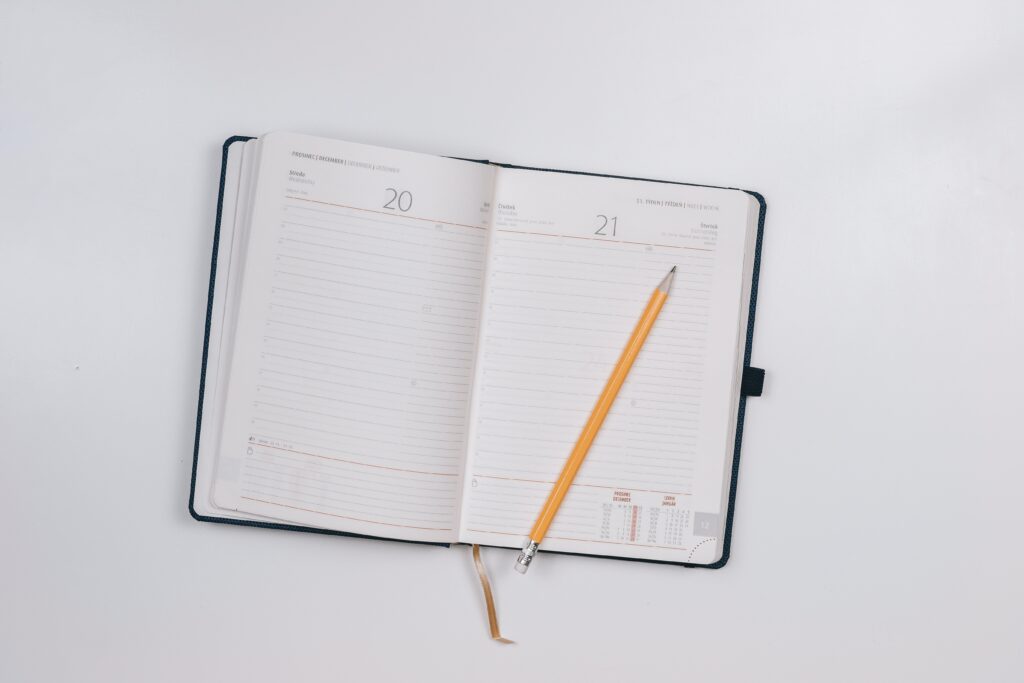
I’m not telling you to give up every routine you’ve worked on building.
Routines are important. I’ve found that having no routine whatsoever has hurt my own mental health. I think we can all see that when other people don’t have a routine, their life doesn’t have critical building blocks that keep them moving forward. A Routine is something that grounds us and prevents us from spiraling into all the paths before us. A Routine is often something that can get us out of a negative thought loop that we’ve been stuck in the whole day.
What I mean by “Don’t fight it” is that your acceptance is what you need to work on. Being accepting is a skill that isn’t just valuable in traveling but it shows up in everyone’s everyday life. If you can work on being more accepting of your changing life and lifestyle, you’ll adapt, overcome, and become comfortable despite the circumstances.
This is especially difficult when your sleeping times change, diet, hygiene, physical workload, and even your special and precious alone time can be rearranged despite your disagreement.
It can feel like the end of the world when your entire life is changed. Building a routine that can travel with you isn’t as hard as it seems.
Routines don’t have to be “Going to the gym for two hours a day for 5 days a week” or “working on my website every day for 30 minutes”. They can be much more simple and they create a day that feels more balanced despite off-grid circumstances.
Here are some simple ones that I’ve adopted to give me a little more control when everything is out of my control.
The list goes on. These aren’t complicated things that are situational. They’re little pieces of routine that I can take with me anywhere I go, as well as being things I can do any time of day.
Here is the thing that was hardest for me to change.
Hygiene
You’re a little stinky (or perhaps a lot stinky)
If you’re stinky then everyone around you will also have the same fate as you. Understand that you have no one to impress. You aren’t going to a cozy cafe with a cute barista and you aren’t relying on your armpits to keep calm during an intimidating job interview.

As mentioned prior, hygiene is something that can change. Your off-grid living place may have a shower, but no hot water. Perhaps it won’t have a shower but a river nearby instead. Before my routine was broken up, before I began traveling, I would shower every night right before bed. I always had clean sheets. I was the cleanest person I knew. Now I don’t have that to brag about but I can brag about all the ways I’ve learned to be clean while living off-grid.
Remember what I said about adaptability? Well, maybe cold showers or dips in the river i your new means of cleaning yourself! The most minimal form of shower is a wet rag (which isn’t too bad unless it’s under 50F (or 10C) outside).
Wipe your armpits with a damp towel. Use your imagination for other parts of you that may need some attention. After all, you are traveling not for the luxuries of hot water and soft beds but the things outside of your comfort zone, right?
Buy wetwipes! They are a savior especially when a shower is 3 or 4 days away. I’d recommend getting some that are biodegradable or ones that advertise for overall body use.
Another branch of hygiene is going to be laundry!
Laundry
Your laundry schedule may be changed when you join your temporary home. I’ve had several volunteer positions that didn’t have a washing machine or dryer. Times when the only way to get hot water was to warm it over a fire or woodfire stove.
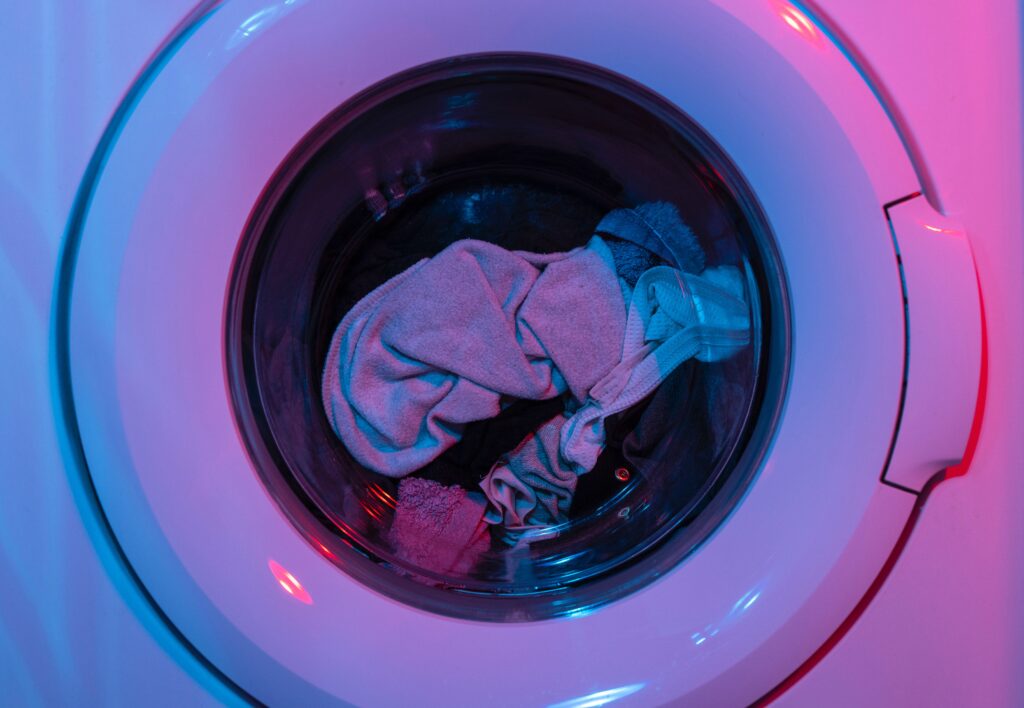
Rewearing clothes you work in and having some clothes that you can be comfortable and clean in is essential. (Buy some clothes from a thrift store that you’ll use for the dirty jobs) It may not be your favorite situation but Cheers to you for getting outside of your comfort zone.
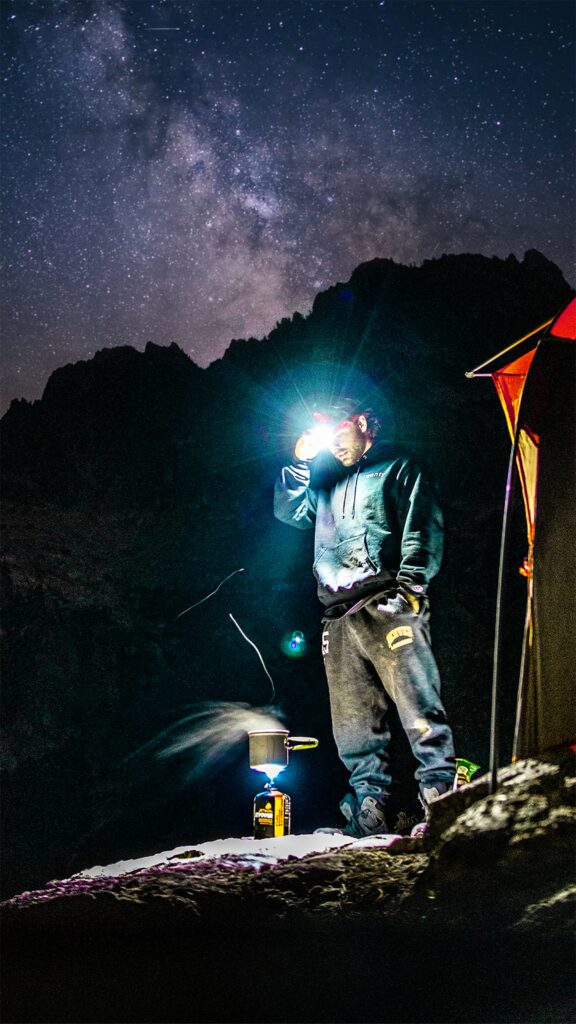
Electricity
Your off-grid living situation may have limited to no electricity.
It’s fine the first few days, you have everything charged up, you’re taking videos of your new home, Listening to music and audiobooks, then as if by magic, you’re in a technological winter.
This can go one of 3 ways. (The last one is what I’ve decided to live with)
You suffer immensely. You can no longer listen to music on your phone, TikTok is unavailable, and you have no access to the internet. Your family worries about you because you can’t contact them for weeks at a time.
Or
You’ve accepted that you may have an addiction to your tech-y toys. This is a time for you to unplug and develop a stronger relationship with yourself. Find out new passions and have time to socialize with those around you. It is a blessing in disguise
The third option and my favorite is…
Figuring out what is most important that I get from my technology and use it for those purposes only. I use my phone only for taking pictures and speaking with family. social media, games, reminiscing on the past can all wait for when I have ample electrical connection.
Get extra batteries for your devices as well. If you have a camera that has a removable battery, you can have another one or two as well.
Get a portable battery to charge your devices. I cannot tell you how much I used my battery to charge my headlamp in my most recent off-grid experience. This is the main reason why I decided to write this article as well. The battery I use is the Nitecore 10000mh battery. It’s slim with a lot of recharging capability. I did hours of research before buying this to make sure it was the one that was meant for me. It has enough juice to charge my phone 3-4 times. Thats substantial.
Limited connectivity
While living off-grid, many places have sporadic or no connection to the outside world. For one experience I volunteered for, I could only get service when it was a cloudy day, low tide, and only while on top of the tallest hill on the island. Many of those cloudy days included rain so I learned that being connected was not a necessity and definitely not worth the hike to stand in the rain
There are some ways you can manage this but if there’s no connection then there’s no connection.
Ask questions about this before you go so you can be prepared.
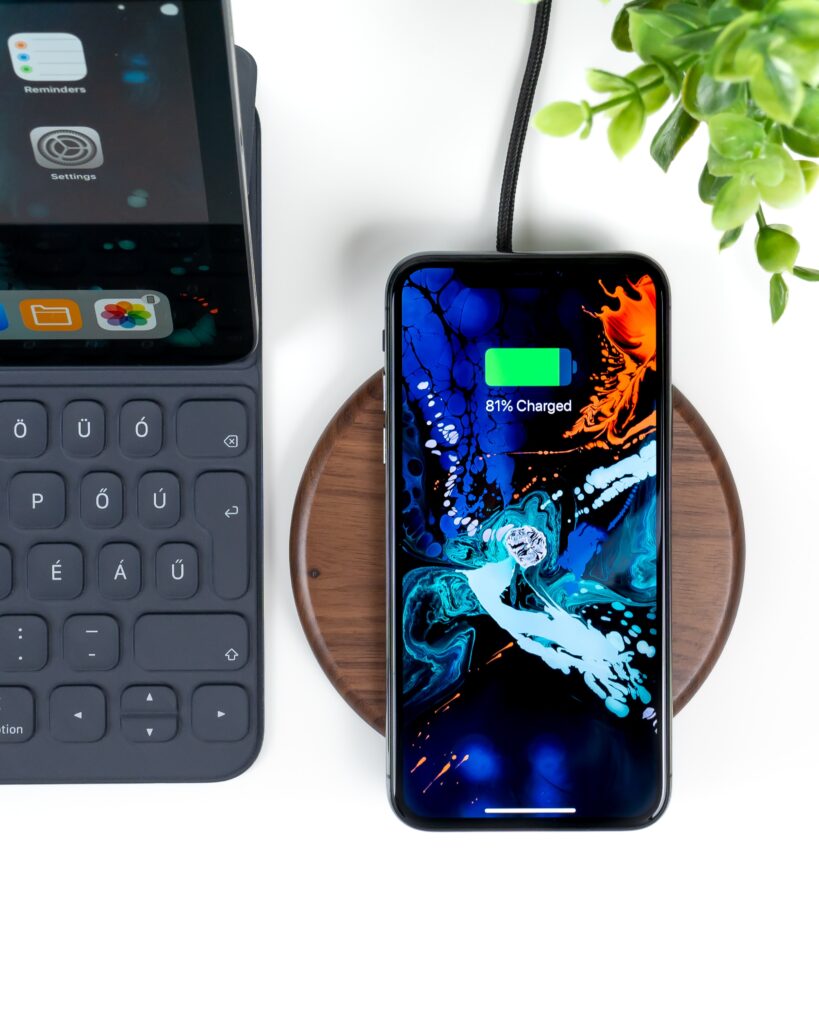
Connect with loved ones and friends prior-
Doing this will bring everyone who cares about you at ease and will diminish their thoughts that you may have encountered a serial killer.
Finish planning upcoming events while you still have a connection-
When entering an off-grid living situation, if you don’t have ways of deciding your next destination, you may be caught paying way too much for a plane ticket you could’ve bought weeks ago. Sitting down and planning what you need to do while you have service or internet connection is critical to have your most comfortable stay.
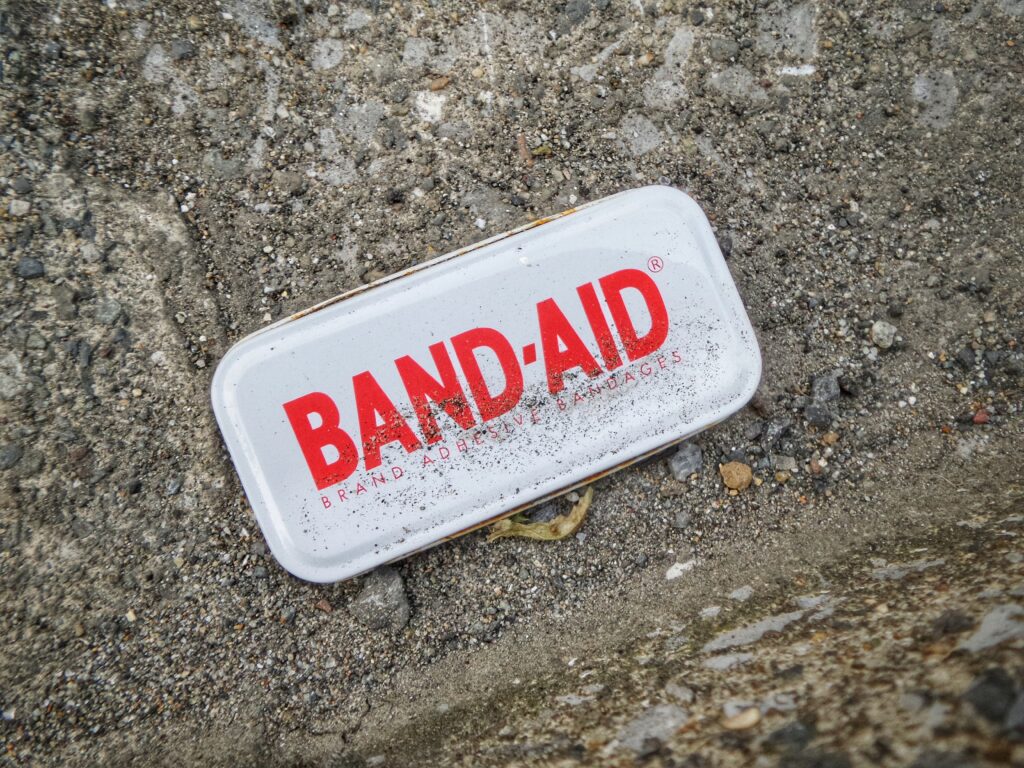
First Aid
You don’t need an advanced first aid kit. Its surprising how many people dont have a few banaids on hand. I’ve gotten by with nabbing bandages from various places I come across while on the road. The only thing I’d recommend you buy is some antibiotic cream. Infection can come quickly when working in outdoor or unclean environments. Cleaning a wound and applying the antibiotic cream is the best practice. You can also learn about medicinal plants wherever you go! Yarrow and plantain leaves are great poultices for burns or minor cuts. Of course, do your ownresearch to understand the risks of using foraged medicine.
Dietary Changes

Some locations will lack electricity so there will be no proper refrigeration. Buying dairy foods, meats, and some kinds of vegetables may still be safe to eat in these situations with proper food preparation and consumption in a reasonable amount of time. Use your best judgment, use your gut and your nose!
Your diet will change as the seasons do or maybe even more frequently. It’s okay to try new foods and to cook with new ingredients.
There will be times when you cook with something new and it turns out awful! That is just a part of the learning process and once it happens the first time, it won’t happen again. You’ll be eating a lot more delicious food than bad food no matter where you go. You are the critic of what you will or won’t eat.
Summary
Living off-grid transcends modern living, offering a profound connection to nature and a deeper understanding of self. As you embrace this unconventional lifestyle, challenges become a cornerstone. The ebb and flow of routines may seem daunting, but the key is to cultivate adaptability.
In the off-grid realm, where schedules align with nature, acceptance is crucial. Your habits—sleep, diet, hygiene—may transform, but your ability to welcome change defines the experience. Yet, maintaining a piece of a routine is vital to anchor your day. Hygiene becomes a rustic art, laundry a lesson in resourcefulness. Waterproof containers maintain order in your living space. Electricity, a modern lifeline, may be scarce. Embrace the opportunity to unplug, reassess tech dependencies, and focus on essentials. Invest in extra batteries and portable chargers. Plan and communicate with loved ones beforehand. Prioritize essential tasks while you have a link to the digital realm. A basic first aid kit, emphasizing antibiotic cream, ensures well-being in remote locations.
It’s not about an elaborate setup but practical measures for uncertainties. As your diet transforms, explore new culinary horizons. In the absence of refrigeration, trust your instincts and savor the challenge of creating meals with available resources. In off-grid living, each day unfolds uniquely.
Embrace the journey, adapt with resilience, and discover the extraordinary in the simplicity of living off-grid.





